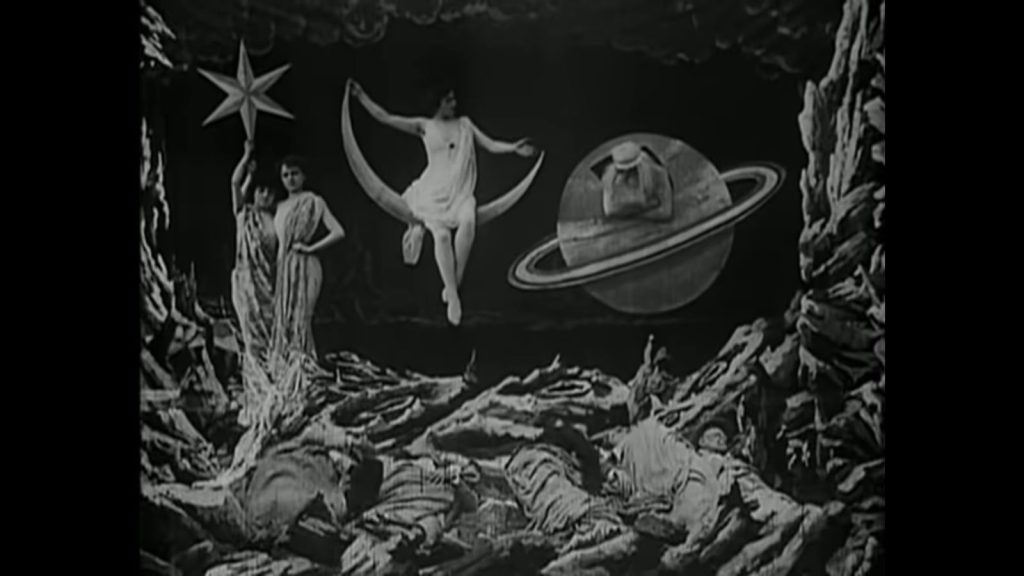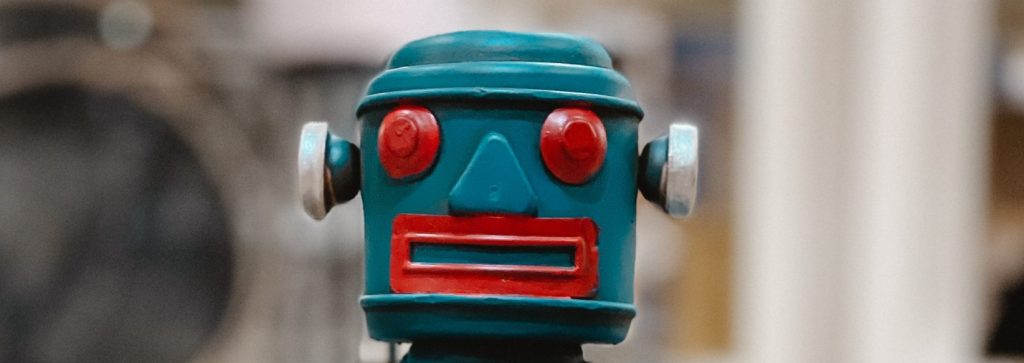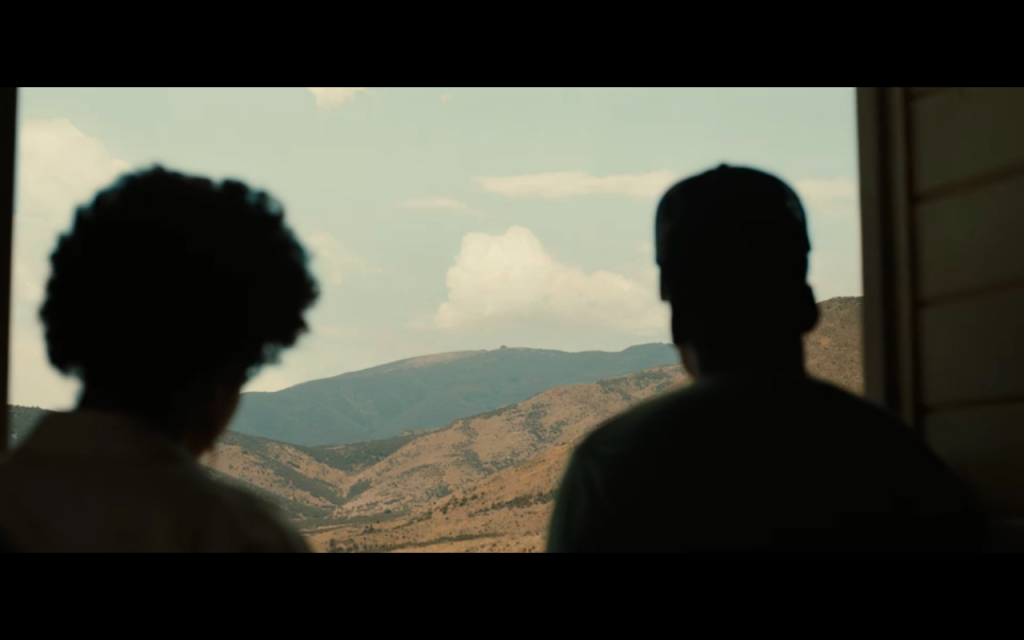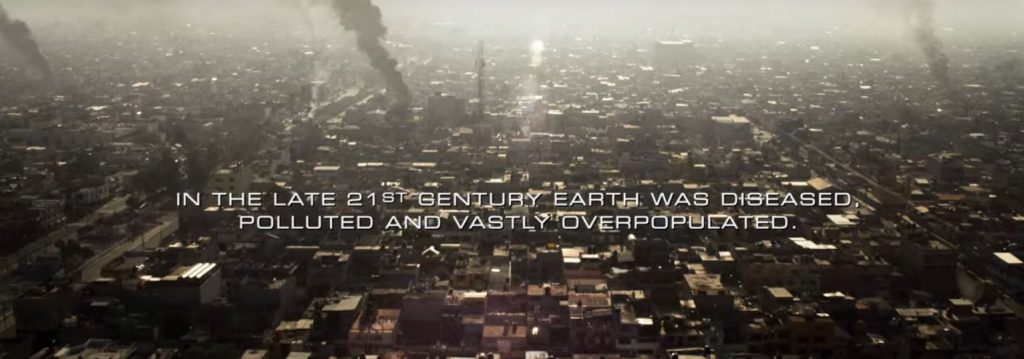Tag: science fiction film
It wasn’t snow at all!
It’s been a while since I read The Wonderful Wizard of Oz (1900) and I was reminded of it when I just watched A Trip to the Moon the 1902 silent film by Georges Méliès.

The wizard/scientists fall asleep on the surface of the moon (as you do) and are awakened by snow, created by what appears to be Saturn, a whole other crescent moon, and friends. My mind immediately connected this with the poppy field in Wizard and how they are awakened by snow flurries created by Glinda the good witch. Had any one made the connection before?
I started looking then thought, wait, am I remembering the film or the book. In the book, Scarecrow and Tinman get a sleeping Dorothy away from the poppies but leave Lion behind to “sleep forever” until some grateful mice heave-ho him into the grassy field, safe from his opium dreams.
OK then, moving on.
Summer School? 🤖
Just proposed my first summer course: Terminators, Cyborgs, and Hackers: the thematic algorithms in science fiction film. If it gets picked up for the schedule, I’ll post the syllabus here. Phew.
Smile when you say that

Thanks to the If Books Could Kill podcast and its co-host, Peter Shamshiri, I started listening to 5-4 — “a podcast about how much the Supreme Court sucks” which Peter also co-hosts. It’s good, infuriating, and informative. But handing you a new podcast to listen to is not why I’ve asked you here.
There is a promotion at the half-way point for a newsletter — Balls and Strikes — that another co-host, Michael Morbius, narrates. They seem to run it each episode and I’ve started noticing something. Actually, I’ve noticed that I’ve noticed something. It’s a bit meta.
I’m getting there.
At one point as he speaks I could tell that he starts smiling. The change is clear but undescribable. I don’t know why my brain has picked up on this. Less so, do I know why he’s smiling. So I went to the Internet, as I do, to find out why my brain does what it does.
My first stop was this article in Discover Magazine that showcases a study suggesting that if you can sense a smile in a voice you’re hearing, and not someone you can see, you tend to smile back. The article and the study it links to–well done, consumer science journalism–discuss the lack of research on what constitutes this auditory smile. Checking the paper’s sources, I ended up here: “The vocal communication of different types of smile” in Speech Communication. The study is from 2008 and I’m not sure if I’m going to see what builds upon this research. But I was still curious to see who else out there was wondering, “did I just hear you smile?”
“Smiling voices maintain [increased trust] even in the face of behavioral evidence of untrustworthiness.” (1)
…and here:
“We present an experiment in which participants played a trust game with a virtual agent that expressed emotion through its voice, in a manner congruent or incongruent with its behavior.” (1)
…and here:
“Using an investment game paradigm, we found that positive vocal emotional expression – smiling voice – increases participants’ implicit trust attributions to virtual agents, compared with when agents speak with an emotionally neutral voice. As previously observed, the monetary returns of the agent also affected implicit trust, so that participants invested more money in the agent that was behaving generously.”(1)
And this is the point where I’ve saved the citation in Paperpile, sat back with my arms folded and leaned over to look down into the murky depths of this rabbit hole. I still don’t know what stimuli my brain is picking up that translates into “smile” after Michael says “Supreme Court sucks”, but I can pick up the danger of being able to simulate this in such a way that creates trust between yourself and stranger on the phone.
This is more than just Cash Green’s white voice in Sorry to Bother You, this is the “right voice,” the one that flicks an unknown switch in your head and you picture a reassuring smile. The “right voice” is built upon the research that pull the secrets out of our brains and tools them for algorithmic benefit. The “right voice” won’t just relieve people of their hard-earned money, it will lead them astray, down paths not yet cut.
What do I do? This digression has made me thoughtful. Sigh.
(1) Torre, Ilaria, et al. “If Your Device Could Smile: People Trust Happy-Sounding Artificial Agents More.” Computers in Human Behavior, vol. 105, Apr. 2020, p. 106215. https://doi.org/10.1016/j.chb.2019.106215
The non-human animal..
Just finished watching Jordan Peele’s brilliant Nope. I don’t do reviews much. I’m no good at them. But I will say that it wasn’t until I looked through my notes for a quote for this post that I realized how this is a movie about animals. That should have been obvious, but the nonobvious is how we think we must descend to them. Ah. I have some thoughts.
One thing is for sure, I will never not look suspiciously at a cloud.

The future is urban, apparently
One of my areas of interest is how science fiction movies do exposition. So I took a screenshot from Elysium just to save, though I’m only watching this for fun (it’s not on my exam list). I’ve seen it before.

I’m sure this isn’t new to anyone who hasn’t been paying attnetion, but so many dystopian visions of the future are just slight exaggerations of contemporary fear mongering about city livin’.
EVERYONE WILL LIVE IN A CITY, WILL YOU SURVIVE??!?!?!?! Weird.
The real trouble is rural, since I just heard a loud boom coming from the “new” neighbors. They like to make noise. Lots of ratatatatat or bang bang bang.